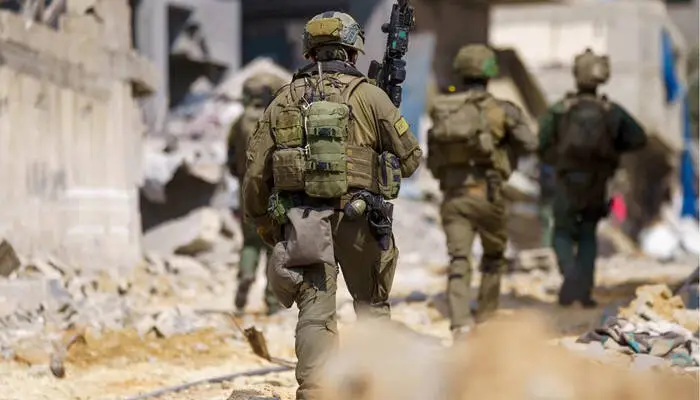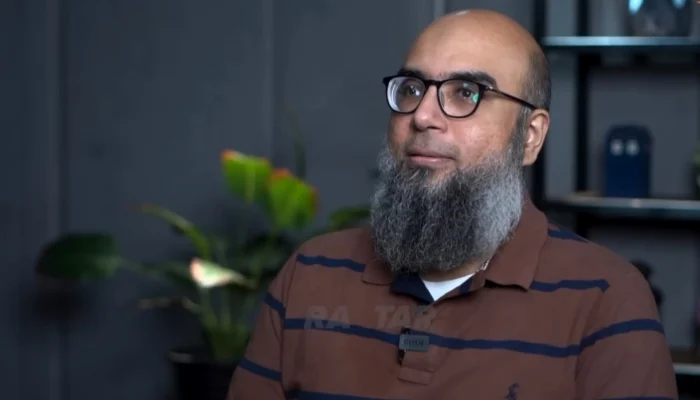Israeli Soldier Takes Own Life After PTSD from Gaza War

A 40-year-old father of four, Eliran Mizrahi, deployed to Gaza following the Israeli attack on the region on October 7, 2023. After six months in the war against Hamas, he returned home a changed man, traumatized by the horrors he witnessed. His family told CNN that Mizrahi struggled with post-traumatic stress disorder (PTSD) and felt deeply affected by his experiences. Tragically, before he was due to redeploy, he took his own life.
“He got out of Gaza, but Gaza did not get out of him. And he died after it, because of the post-trauma,” his mother, Jenny Mizrahi, said.
The Israeli military claims to provide care for thousands of soldiers suffering from PTSD and other mental health issues caused by the war. However, the exact number of soldiers who have taken their own lives remains unclear, as the Israel Defense Forces (IDF) has not released official statistics. Over the past year, Israel’s ongoing conflict in Gaza has resulted in the deaths of more than 42,000 people, according to health ministry figures in the strip. The United Nations reports that a significant portion of the casualties are women and children.
Many soldiers express fear about getting drafted into another conflict. An IDF medic who served in Gaza shared his concerns, stating, “A lot of us are very scared of getting drafted again to a war in Lebanon. A lot of us don’t trust the government right now.”
Israeli authorities have limited access to Gaza for foreign journalists, allowing them entry only with IDF escorts. This restriction makes it difficult to accurately report on the suffering of Palestinians and the experiences of soldiers. Israeli soldiers have described witnessing horrors that the outside world cannot fully understand. Their accounts provide a glimpse into what critics label Israeli Prime Minister Benjamin Netanyahu’s “forever war” and its toll on the soldiers involved.
Mizrahi deployed to Gaza on October 8, 2022, tasked with operating a D-9 bulldozer, a heavily armored vehicle. Before his service, he worked as a manager at a construction company. After spending 186 days in Gaza, he sustained injuries to his knee and hearing damage in February due to a rocket-propelled grenade strike. After his return for treatment, doctors diagnosed him with PTSD in April, and he received weekly therapy. Unfortunately, his treatment proved ineffective.
“They didn’t know how to treat them,” Jenny Mizrahi said. “They saw things that were never seen in Israel.” During his leave, Mizrahi exhibited signs of anger, sweating, insomnia, and social withdrawal. He confided in his family that only those who had been with him in Gaza could comprehend his struggles.
“He always said, no one will understand what I saw,” his sister, Shir, told CNN. Jenny wondered if her son had killed someone during his service. “He saw a lot of people die. Maybe he even killed someone,” she said. “We don’t teach our children to do things like this. So, when he did this, something like this, maybe it was a shock for him.”
Guy Zaken, Mizrahi’s friend and fellow bulldozer operator, described the traumatic experiences they endured. “We saw very, very, very difficult things,” Zaken recalled. He testified to the Knesset about the psychological impact of their service, recounting instances where soldiers had to “run over terrorists, dead and alive, in the hundreds.”
Zaken also shared the lasting effects of these experiences on his daily life. He struggles to eat meat, as it reminds him of the gruesome scenes from Gaza, and he endures sleepless nights haunted by the sounds of explosions. “When you see a lot of meat outside, and blood… it really affects you,” he stated, referring to the bodies as “meat.”
The mental health crisis among Israeli soldiers like Mizrahi and Zaken underscores the often-hidden psychological toll of prolonged conflict.
Follow us on Google News, Instagram, YouTube, Facebook,Whats App, and TikTok for latest updates











